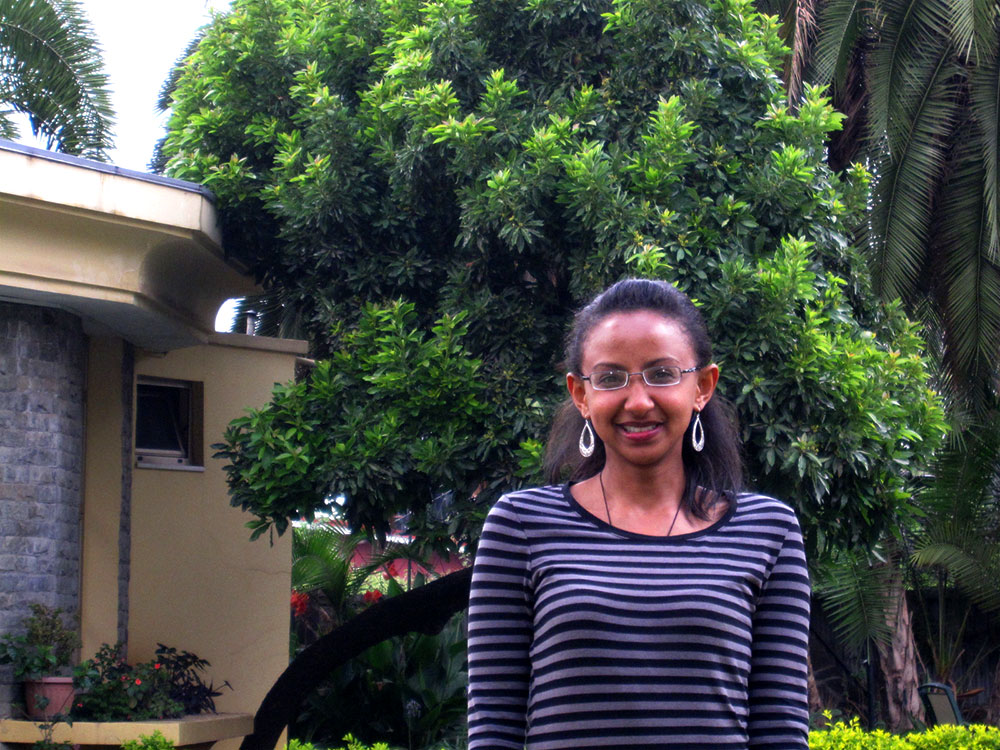Field Story
Watch: Frontline workers in action in Tanzania
September 29, 2023
Mentorship program builds capacity by supporting Pharmacy student in Ethiopia
Similar to food distribution in development nations, getting life-savings drugs to the people in greatest need can be a challenge. Esete Zewge, a pharmacy graduate student at the Addis Ababa University School of Pharmacy, wants to help solve this problem through her focus on the logistics of distributing critical medications.
Posted on June 29, 2015


Similar to food distribution in development nations, getting life-savings drugs to the people in greatest need can be a challenge.
Esete Zewge, a pharmacy graduate student at the Addis Ababa University School of Pharmacy, wants to help solve this problem through her focus on the logistics of distributing critical medications. Micronutrient Initiative, through its mentorship program, is delighted and eager to help Esete on her way to success.
Esete’s three-year work experience at one of the biggest hospitals in Ethiopia – the Black Lion Hospital – prompted her to focus her Master’s degree in the logistics aspect of life-saving drugs. While undertaking a literature review for her thesis, Esete learned about Micronutrient Initiative (MI) and its mentorship program.
“I read on the MI website that this organization has specific programs on the provision of iron with folic acid for mothers during and after pregnancy, and Vitamin A supplementation for kids, as part of the drug supply system,” says Esete. “I found this to be very relevant to my thesis, which I am working on under the topic Qualitative assessment of logistic system in Ethiopia: the case of maternal health medicines. I applied and was accepted to the mentorship program of MI.”
Esete is being mentored by Girma Mamo, the Senior Program Officer for Community-based Maternal and Newborn Health and Nutrition at MI in Ethiopia.
Girma says through this program, graduate students like Esete are provided with reference publications, access to data, up-to-date research reports and national and global technical guidelines. In cases where these resources are not adequate, the mentorship program covers the students’ travel expenses to go out to the field and collect data.
“I am so lucky to be accepted to the mentorship program. It has given me a chance to undertake a broader analysis in my research by collecting data from service delivery points in rural areas in other regions. Had I not had the opportunity to participate in the program, my research would have been limited to Addis Ababa,” Esete adds.
“MI believes in building technical capacity, particularly on micronutrient and nutrition programs. It is our close working relations with the Ministry of Health and universities in Ethiopia that gave rise to the mentorship initiative. Four graduate students have so far benefited from this initiative,” says Girma.